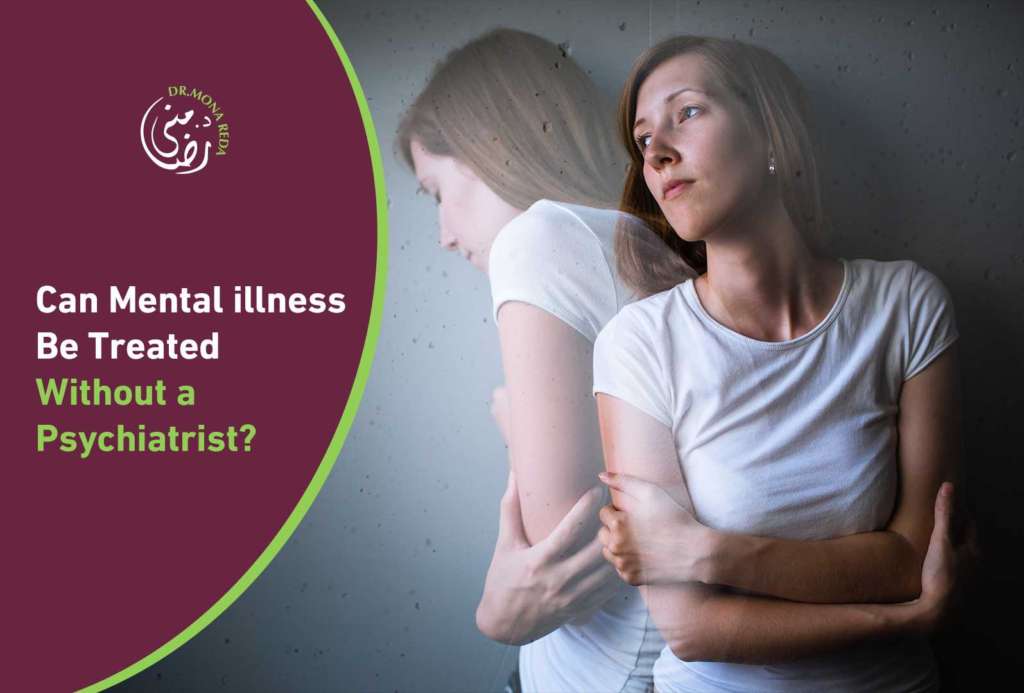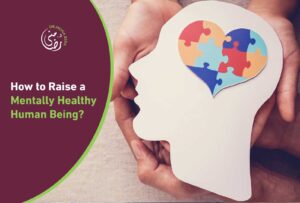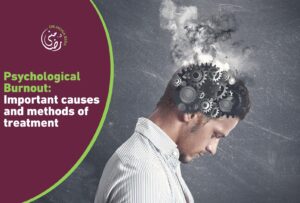Mental health is an important part of public health, and many people may suffer from psychiatric problems and disorders that need psychiatric treatment, but there are other psychiatric conditions that do not require psychiatric treatments from a specialist psychiatrist.
In this article we will learn about mental illness that requires going to a psychiatrist, psychiatric conditions that do not require visiting a psychiatrist, and what therapeutic methods are appropriate for each of them.
Mental illnesses requiring psychiatric treatment
There is a range of mental illness that are accompanied by severe symptoms and cause instability in life so it requires visiting a specialist psychiatrist to prescribe appropriate psychiatric medication such as:
- Mood disorders: such as depression, panic disorder and bipolar disorder.
- Anxiety disorders: such as general anxiety disorder, panic disorder and social phobia disorder.
- Psychiatric disorders caused by psychological stress: such as post-traumatic stress disorder and psychiatric stress disorder.
- Eating disorders: such as nervous eating disorder and eating disorder.
- Personality disorders: such as borderline personality disorder and hysterical personality disorder.
There are also some sexual disorders that need psychotherapy and visit a specialist sex therapist such as:
– libido disorders.
– Difficulty in achieving an erection.
– The speed or decrease of the ejaculation.
– vaginismus.
Types of psychiatric treatments used by the psychiatrist
Treatment of psychiatric diseases varies from person to person. It varies in severity and therefore in treatment, but one of the most common treatments for psychiatric illness is:
- Psychotherapy: aims to improve the patient’s behaviors by rearranging his thoughts and emotions. This is done in individual therapeutic sessions between the patient and the doctor and may be group sessions with people with the same disease. It includes CBT, dynamic psychotherapy and others.
- Psychiatric medication: involves the use of appropriate medications for the treatment of psychiatric diseases such as antidepressants, anti-anxieties, etc., and the doctor may not prescribe psychiatric medication quickly until he checks the response of psychotherapy first.
- Brain stimulation techniques: The psychiatrist resorts to brain stimulation techniques only if there is no improvement after medication treatment, including: magnetic stimulation, electroconvulsive therapy, vaginal nerve stimulation, and deep brain stimulation.
Psychiatric conditions that don’t require a psychiatrist’s visit:
- Normal tension: Stress and anxiety can be normal in some cases and does not need intensive psychotherapy.
- Feeling simple psychological pressure: as a result of work pressure or pressure in routine chores.
- temporary sadness: Grief and psychological fatigue can be natural reactions to specific situations and do not constitute diseases requiring psychiatric treatments.
- temporary life challenges: such as changing job or moving to a new home can be handled without the need for intensive psychotherapy as long as they do not affect the performance of day-to-day tasks and can be self-dealt with.
How to treat mental illness without medication?
It is important to understand that psychotherapy without a doctor or medication may be appropriate for some minor or temporary conditions. However, it should be emphasized that getting consultation from a specialist psychiatrist is the most effective and safe step to diagnose and treat mental problems. However, there are some self-strategies that people can experience as part of managing their mental health such as:
- Social support: by communicating with parents and friends and benefiting from their support and advice or engaging in positive activities that improve psychological conditions.
- Good sleep.
- Do exercises that help to relax and rest such as meditation and yoga exercises.
- Eating healthy food helps improve your mood.
- Reading and learning from reliable sources that help to understand psychological problems.
Although psychiatric treatments are more effective in treating chronic psychiatric illnesses, people with minor psychiatric conditions can experiment with certain strategies and subjective techniques to help improve their mental health. However, people with a psychiatric disorder who need psychiatric treatment should consult a specialist doctor for medical consultation.
So you can contact Dr. Mona Reda, a psychiatrist and sex therapist for good mental health.









